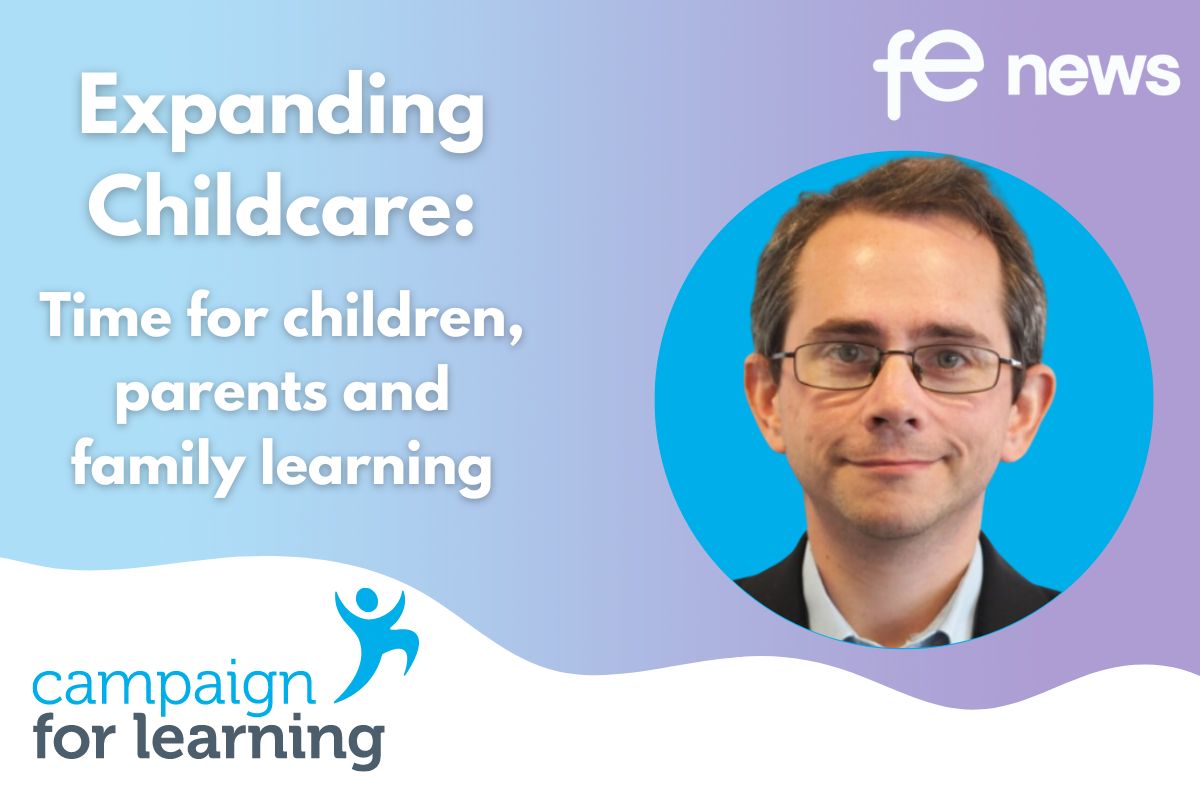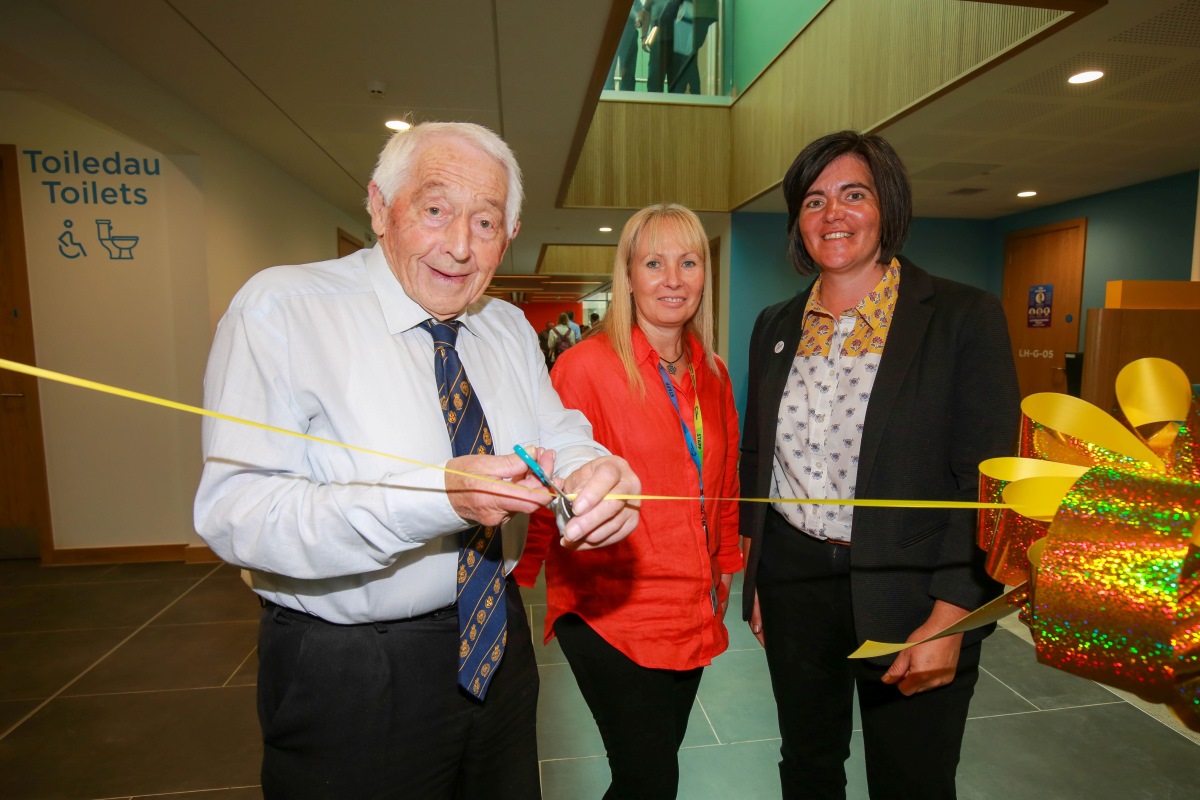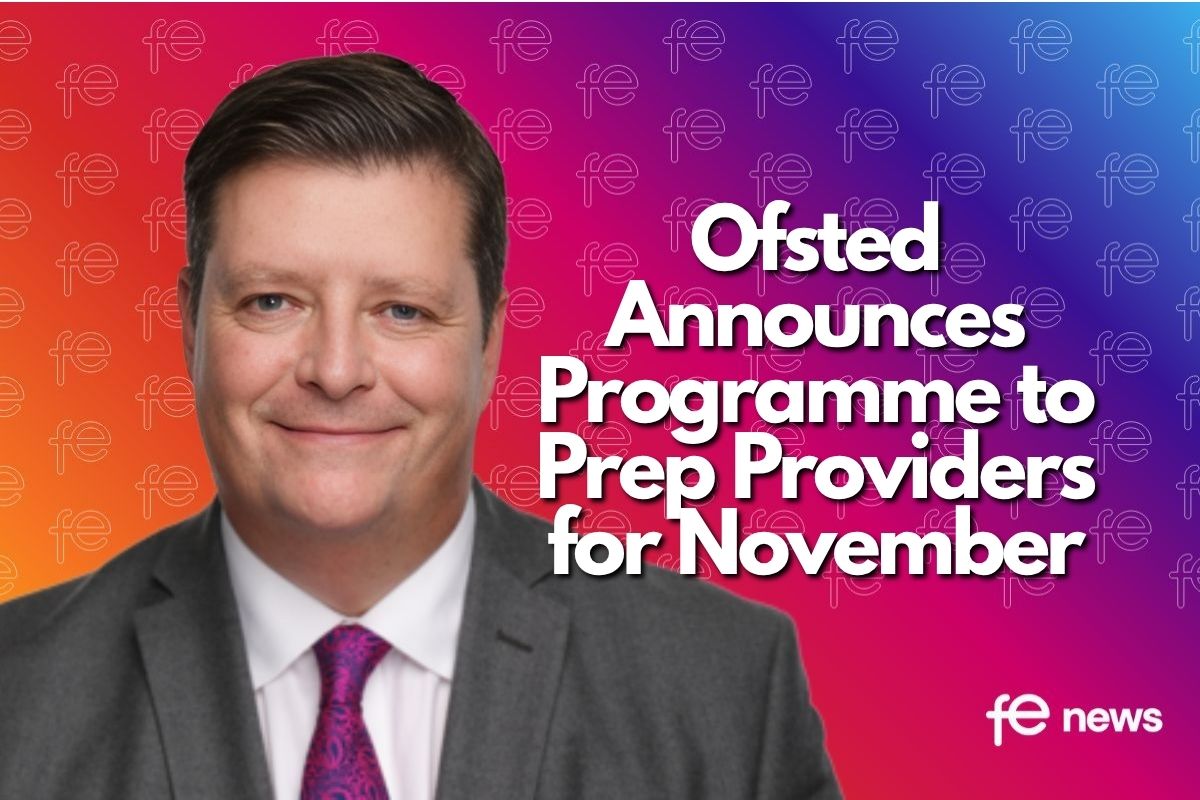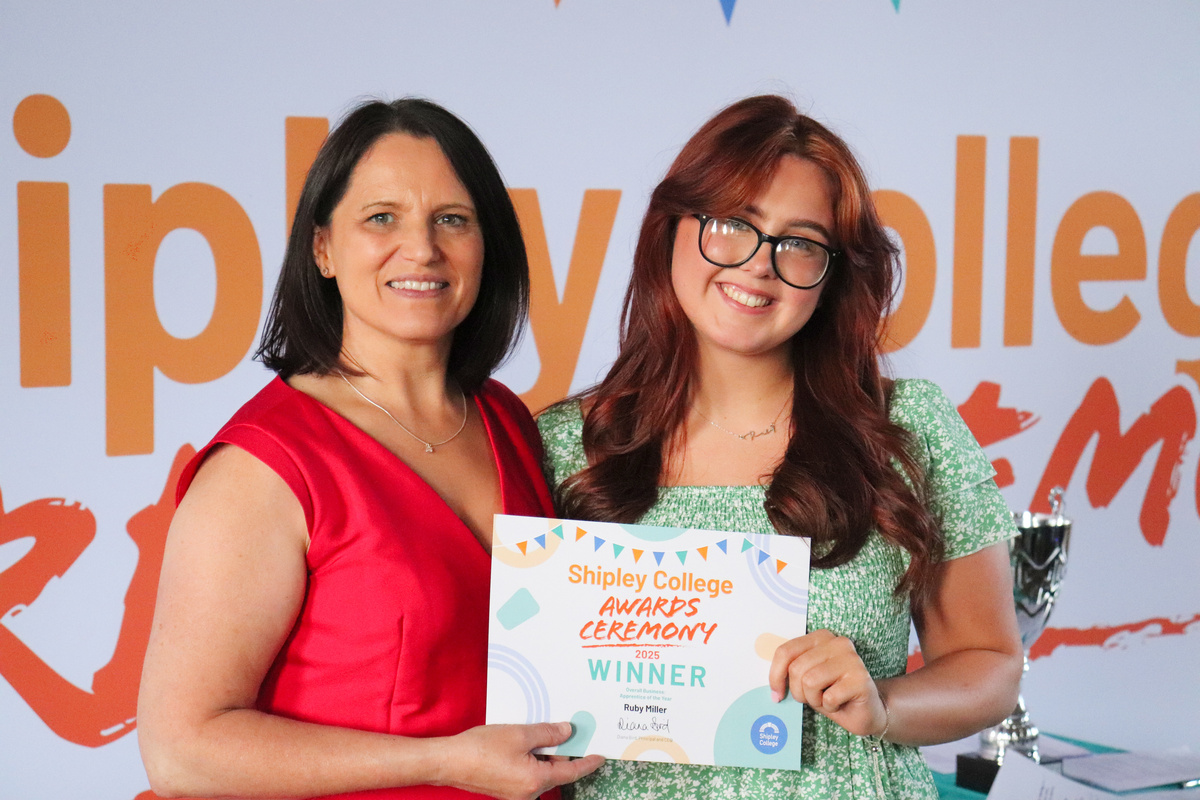The childcare revolution and family learning

Back in March, at the Budget, the Chancellor announced the largest ever expansion in childcare provision. You would be forgiven for forgetting this given they have barely mentioned it since, with few details on implementation published. But it has the potential – assuming it happens – to transform the sector.
Planned changes
The plan is to expand the childcare offer currently available for 3- and 4-year olds – up to 30 free hours a week if both parents are working more than 16 hours – to children from 9 months old onwards. There were also changes to Universal Credit to make childcare allowances more generous. The Office of Budget Responsibility’s post-budget analysis suggested that the combination of measures would enable 75,000 more people to work and allow many others to increase their hours.
Initial Reaction
The initial indication was that the funding rate for younger children would be significantly more generous than that for 3- and 4-year-olds, which providers complain is too low and requires cross-subsidy from paying parents. We have not, though, had any confirmation of rates.
Nor has there been any word on other major implementation questions.
The rollout is supposed to start in April 2024 with 15 free hours for working parents with 2-year-olds – but where will the additional supply of places come from? Especially in areas where it is already hard to find a spot. And where will the staff come – given there are already big shortages across the sector and an extremely tight labour market for minimum wage jobs?
A labour market package
The underlying problem is that this package was designed almost entirely to boost labour market participation – which means no thought was given to how to use the opportunity of such a substantial investment to improve the system, and, by doing so, outcomes for children and families.
A broken model
The current childcare model is increasingly dominated by for-profit providers backed by private equity capital, who are incentivised to focus on richer parts of the country.
Staff are increasingly unqualified. High-quality provision by trained staff in the areas that need it most is now a rarity.
Simply increasing investment in place numbers without tackling these dysfunctions would be a huge wasted opportunity.
Labour’s position
Labour have echoed these criticisms, complaining that the Government’s approach lacks vision. But, as yet, they have given little detail about their own plans.
Shadow Secretary of State for Education Bridget Phillipson talked earlier in the year of plans so ambitious they would be equivalent in ambition to the birth of the NHS. In recent months, though, given rising costs of government borrowing, Labour have been focusing on fiscal credibility rather than visionary policy.
The Guardian reported that initial plans to offer free places to all children from 9 months to 4 years are being watered down, with options like means-testing and hybrid models – where payment is shared between parents and the state – under consideration.
It would not be a surprise, come election time, to see Labour plans costed at a similar amount to the Government but with more focus on low-income families, rather than using work as the only criteria.
As for system reform Phillipson has, again, said little but has praised Ireland’s recent reform programme which focused on improving workforce via higher pay and professional development.
Still a priority
What is clear is that both main parties are committed to a big expansion of the current offer which means it is very likely to happen in some form, regardless of the upcoming election. There is, therefore, a once in a generation opportunity to influence reform and resuscitate a wider agenda around children and families.
A national strategy for supporting children and families
Since 2010, there has been no national strategy around supporting families. There is still some activity at local authority level but it is not monitored and due to cuts in council funding has been scaled back considerably. Given the well documented importance of family support in outcomes for children, both in terms of attainment and social development, this is regrettable.
Bringing more younger children into childcare is an excellent opportunity to revive a national approach as it offers early access to families, especially if the Labour model of focusing more on low-income rather than work is followed.
One way to connect the dots would be to encourage schools, particularly Multi-Academy Trusts (MATs), to offer the additional capacity needed. Few currently offer places to under- 3s but there is no reason in principle why they cannot if given the right incentives. Moreover, with primary rolls dropping due to falls in the birth rate they will have available space and trained staff.
As schools are part of the state – unlike private nursery providers – and fully networked into their communities, they could be used for a wider family offer alongside childcare places.
For instance, the nascent network of family hubs, whose purpose seems to resemble Sure Start but with less clarity and very little money, could be physically sited within the same MATs.
As families accessed this childcare they could also be offered parenting classes, health support, and information about other entitlements. And a school setting would also make it easier to build in a family learning offer where parents who would value it are taught basic literacy and numeracy, so that they can help their children as they get older.
There is an incredible chance here to use a massive financial investment in childcare to refocus schools, and the wider system, on supporting families – let’s not waste it.
Recommendation 1
The Government should focus on schools, particularly MATs, as the provider of choice for additional capacity needed for 9 month to 2 year olds. They should offer a package of incentives including capital grants to repurpose space; retraining for staff, and marketing/ administrative support.
Recommendation 2
Family Hubs should be physically located within MATs providing the full childcare offer, giving them more immediate access to families who need the most support.
Recommendation 3
Family Hubs funding should be dependent on having a family learning offer to parents which could then be provided by staff at the MAT (which would also give schools an extra income stream).
By Sam Freedman, Senior Fellow, Institute for Government
Campaign for Learning has released a new series of articles, Expanding Childcare: Time for children, parents and family learning.
See below when each article will be published on FE News:
Part One: Childcare the welfare state – 20th July
1. Will Snell, Chief Executive, The Fairness Foundation
Childcare and a new social contract
2. Anneka Dawson, Head of Pre-16 Education, Ceri Williams, Senior Research Fellow, and Alexandra Nancarrow, Research Fellow, Institute for Employment Studies
The childcare sector: Providers and the workforce in England
Part Two: Childcare and time for work – 21st July
3. Paul Bivand, Independent Policy Analyst
Women, employment and childcare
4. James Cockett, Labour Market Economist and Claire McCartney, Policy Adviser, Resourcing and Inclusion, CIPD
The planned childcare entitlements and progression into work
5. Jane van Zyl, Chief Executive, Working Families
Combining flexible working and childcare to solve the childcare crisis
Part Three: Childcare and time for child development – 24th July
6. Janeen Hayat, Director of Collective Action, Fair Education Alliance
Improving childcare quality to support educational outcomes
7. Megan Jarvie, Head of Coram Family and Childcare
Making a step change to child development through childcare
8. Professor Elizabeth Rapa and Professor Louise Dalton, University of Oxford
Childcare, children’s development and education outcomes
Part Four: Childcare and time for parental engagement – 25th July
9. Lee Elliot Major, Professor of Social Mobility, University of Exeter
The childcare revolution: A new opportunity for parental partnerships in child learning
10. Bea Stevenson, Head of Education, Family Links the Centre for Emotional Health
Childcare and parental engagement in child learning
Part Five: Childcare and time for adult skills – 26th July
11. Simon Ashworth, Policy Director, AELP
The new childcare entitlements and skills bootcamps
12. Sharon Cousins, Vice Principal, Newham College and National Association for Managers of Student Services Executive
The new childcare entitlements and access to further education
13. Susan Pember, Policy Director, HOLEX
A thriving society means linking the new childcare entitlements to adult learning
Part Six: Childcare and time for family learning –
27th July
14. Sam Freedman, Senior Fellow, Institute for Government
The childcare revolution and family learning
15. Susan Doherty, Development Officer – Family Learning, Education Scotland
Family learning and childcare: Lessons from Scotland
28th July
16. Susannah Chambers, Independent Consultant
Bringing childcare and family learning together
17. Henriett Toth, Parent
Family learning and childcare: A personal experience











Responses